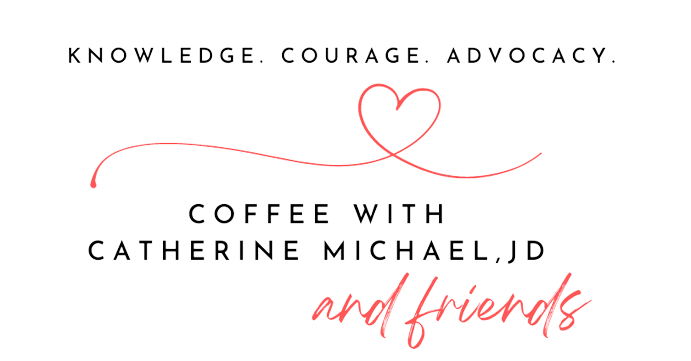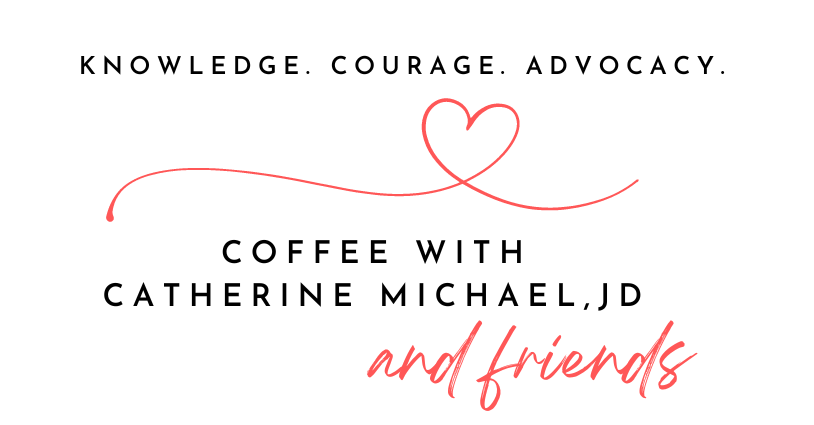
The Behavior Intervention Plan
The Behavior Intervention Plan should be created following a comprehensive Functional Behavioral Assessment.
The cause of the issue is sometimes more important than the “solution” to the issue because if you are not addressing the cause it will continue coming back.
Under 34 CFR § 300.324(a)(2)(i), the BIP is for the use of positive behavioral interventions and supports which must be considered in the case of a child whose behavior impedes their learning or that of others.
While FBAs and BIPs are only required under certain circumstances, they can be an essential part of your child’s programming. If your child is having behaviors that directly interfere with his or her education, even if the school has not suggested an FBA or a BIP, you need to speak up and ask for one before the situation becomes worse or your child begins to experience disciplinary consequences.
Frequently Asked Questions.
I worry that if the school writes a BIP, it will be used to punish my child? Can this happen?
Under 34 CFR § 300.324(a)(2)(i), the BIP is for the use of positive behavioral interventions and supports which must be considered in the case of a child whose behavior impedes their learning or that of others.
What is a positive behavioral intervention?
Well, it is not detention, losing recess, or being sent to the principal’s office. It is intervention that is supporting and helpful, with the goal of ensuring that the behavior changes. For instance, a child who becomes upset when they can’t complete an assignment should have the assignment broken down into smaller pieces and they should get rewarded as they gain the skills to do this on their own.
If my school wants to address the behavior only in my child’s IEP, how do they do this?
Your child’s IEP team may address the behavior through annual goals in the IEP. 34 CFR § 300.320(a)(2)(i). Goals should be focused on reducing or eliminating the problem behaviors, creating modifications in the child’s program, support for their teachers, and any related services necessary to achieve those behavioral goals. 34 CFR § 300.320(a)(4).
What can a BIP address?
All sorts of things, including impulse control, peer-to-peer relationships, physical behavioral outbursts, verbal outbursts, lack of focus—anything that is impacting your child on a day-to-day basis and is based on behavior. And yes, this can include falling asleep or napping at school.
What needs to be in a BIP?
IDEA doesn’t address the specific contents of BIPs, but your state law may, so you need to look at it. Your child’s BIP should be written in a way you and school staff can understand it.
How should I ask for a BIP?
Simply ask for one and let the school know why you are concerned.

